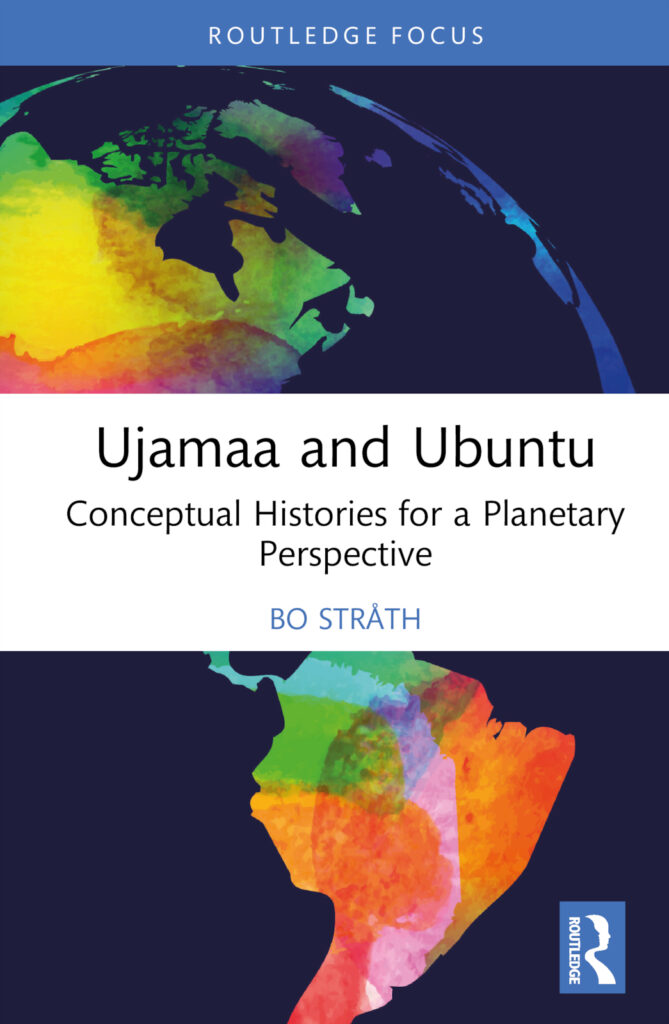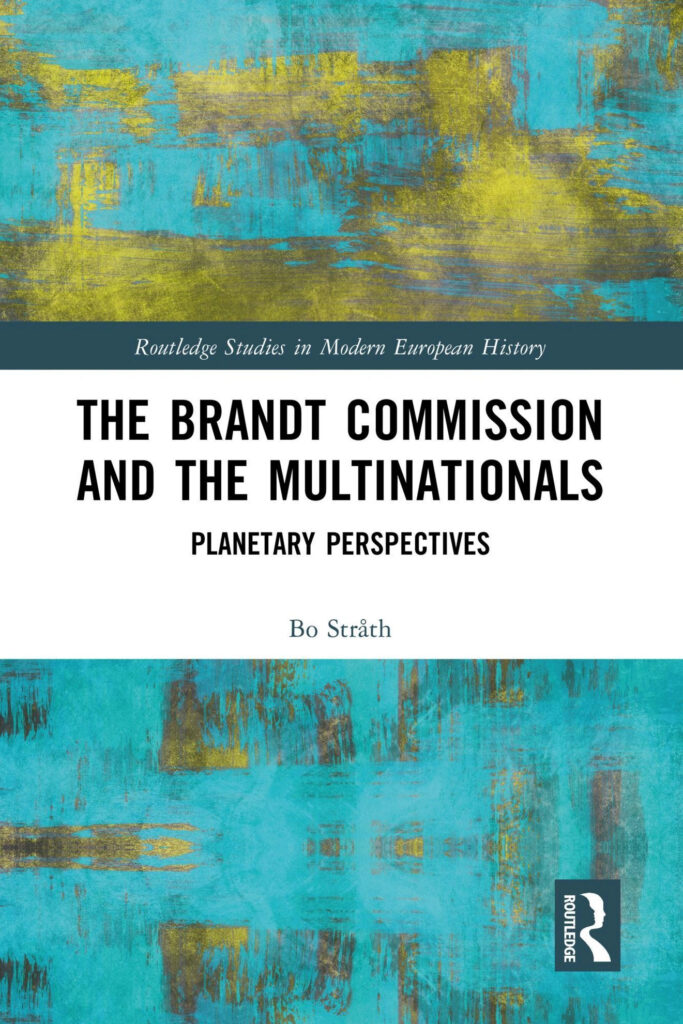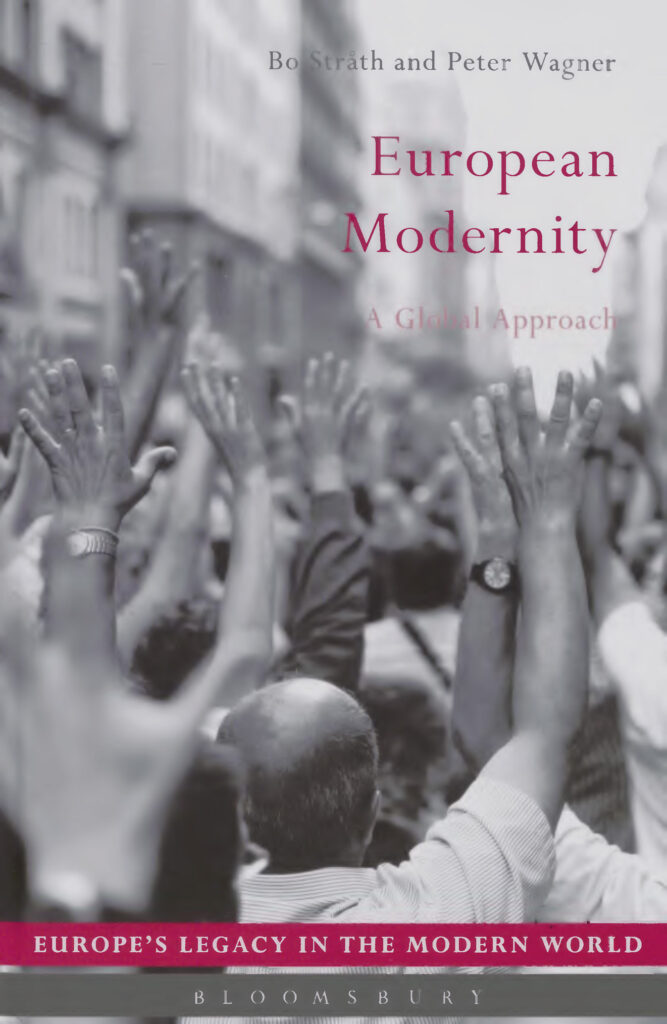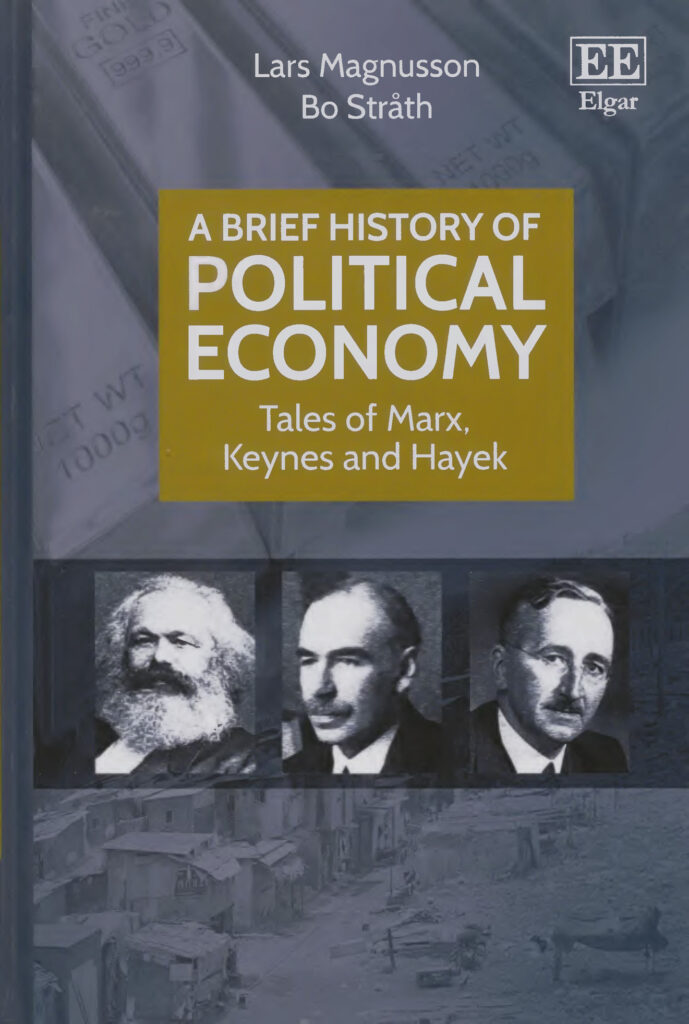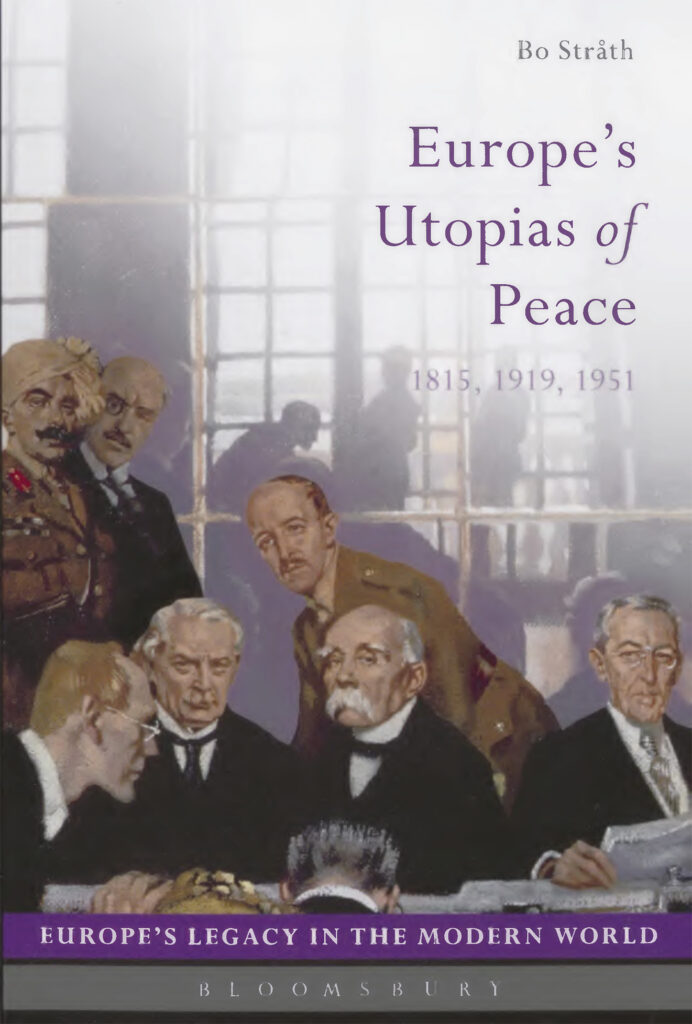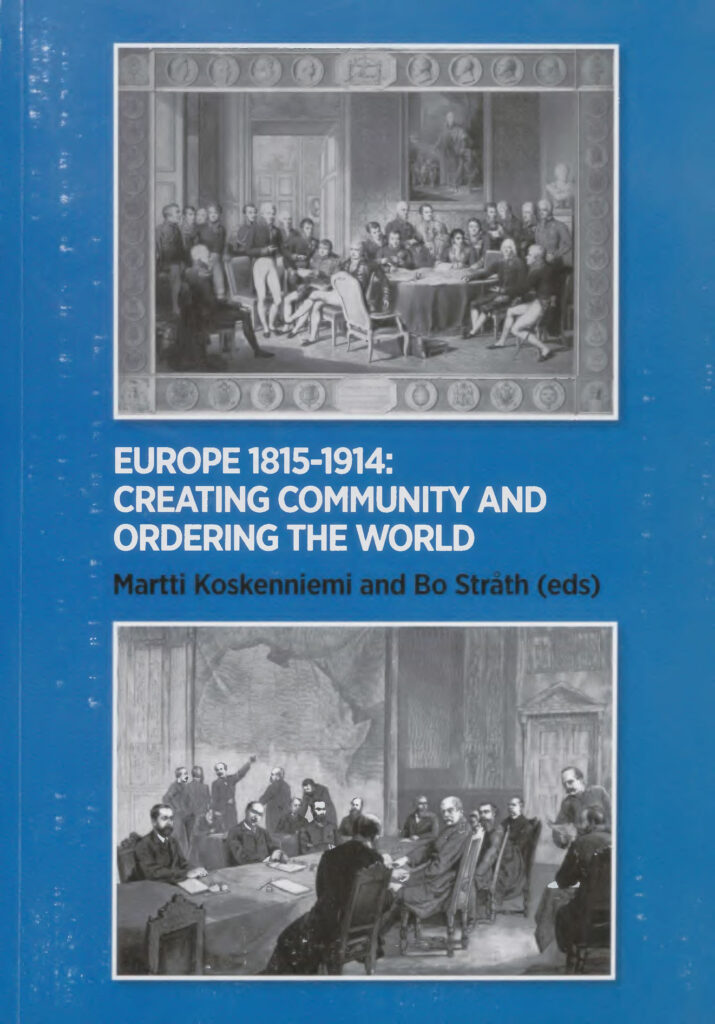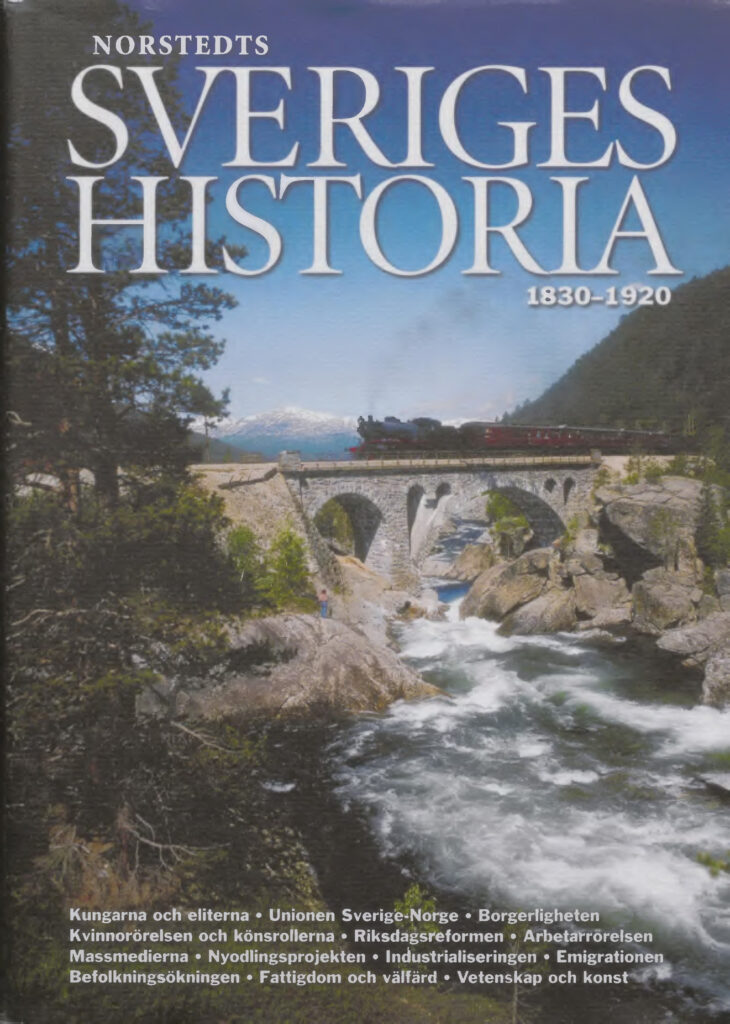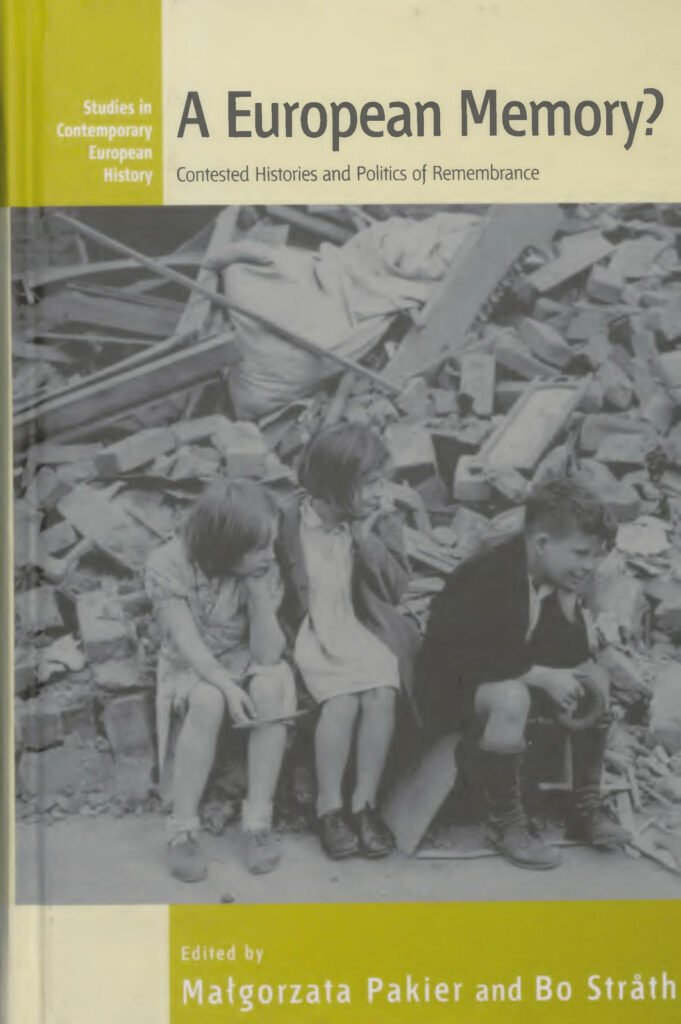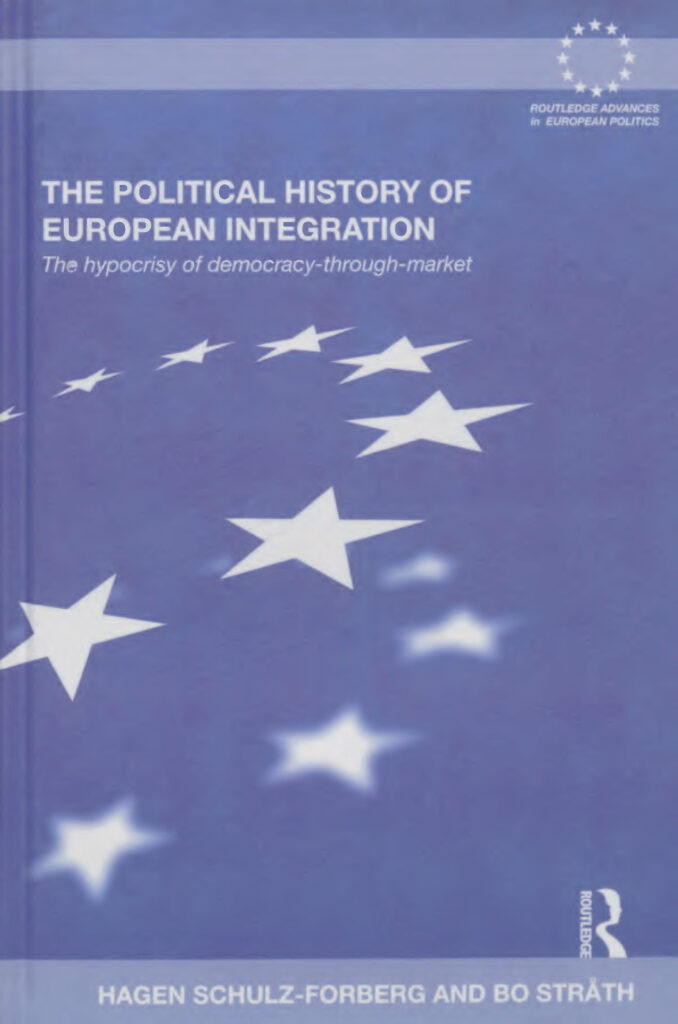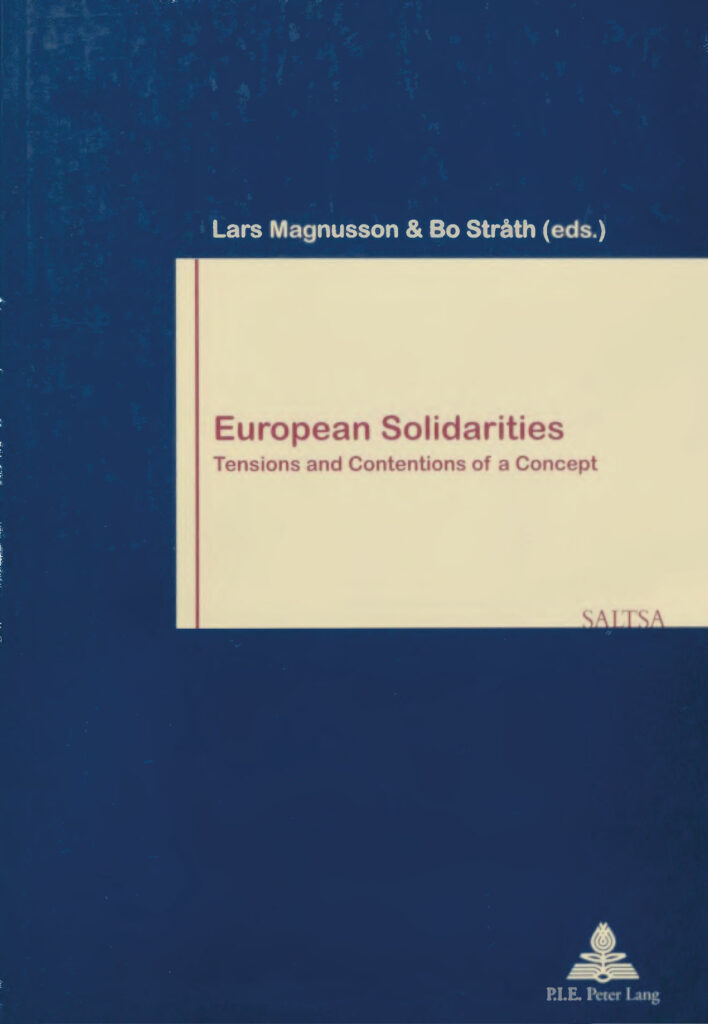Bo Stråth’s research at the European University Institute in Florence developed the issue of modernity in Europe from a comparative perspective. The European integration project was viewed in a longer historical and larger global framework. The question of contradictions and varieties of modernity, multiple and entangled modernities, was central to this approach, emphasizing modernities ‒ and histories ‒ in the plural. The key question was what keeps societies together and what divides and splits them. The research in Helsinki continued along these lines. Still, it broadened the European focus to a global one, and the interest in Europe concentrated on the nineteenth century as a way to better understand not only the catastrophes of the twentieth century but also our own time. Details
Curriculum vitae
Bo Stråth (born 1943) was 2007-2014 Academy of Finland Distinguished Professor in Nordic, European and World History and Director of Research at the University of Helsinki. 1997-2007 he was professor of contemporary history at the European University Institute, Florence and 1991-1996 professor of history at Göteborgs University. Member of The Norwegian Academy of Science and Letters. Visiting fellow/professor at Universität Kiel and Glasgow University (Alexander von Humboldt Fellow), the École des Hautes Études en Sciences Sociales in Paris, the Collegium for Advanced Studies in Social Sciences (SCASSS) in Uppsala and at Aarhus universitet, Humboldt Universität zu Berlin, Universität Bielefeld, Saitama Daigaku, Tokyo Daigaku (Todai, Japan Foundation Fellow), Johann Wolfgang von Goethe Universität in Frankfurt am Main, Lunds universitet, Stockholms universitet (SCORE), Stellenbosch Institute of Advanced Studies and University of Barcelona. He has been a member of the International Committeee for Social History and member of several selection committees, advisory boards and editorial boards. He was a member of the board of Riksbankens Jubileumsfond RJ (2014-2018) and chair of its panel on the history disciplines.
Details as to curriculum, research and teaching (PhD researchers and research collaborators)
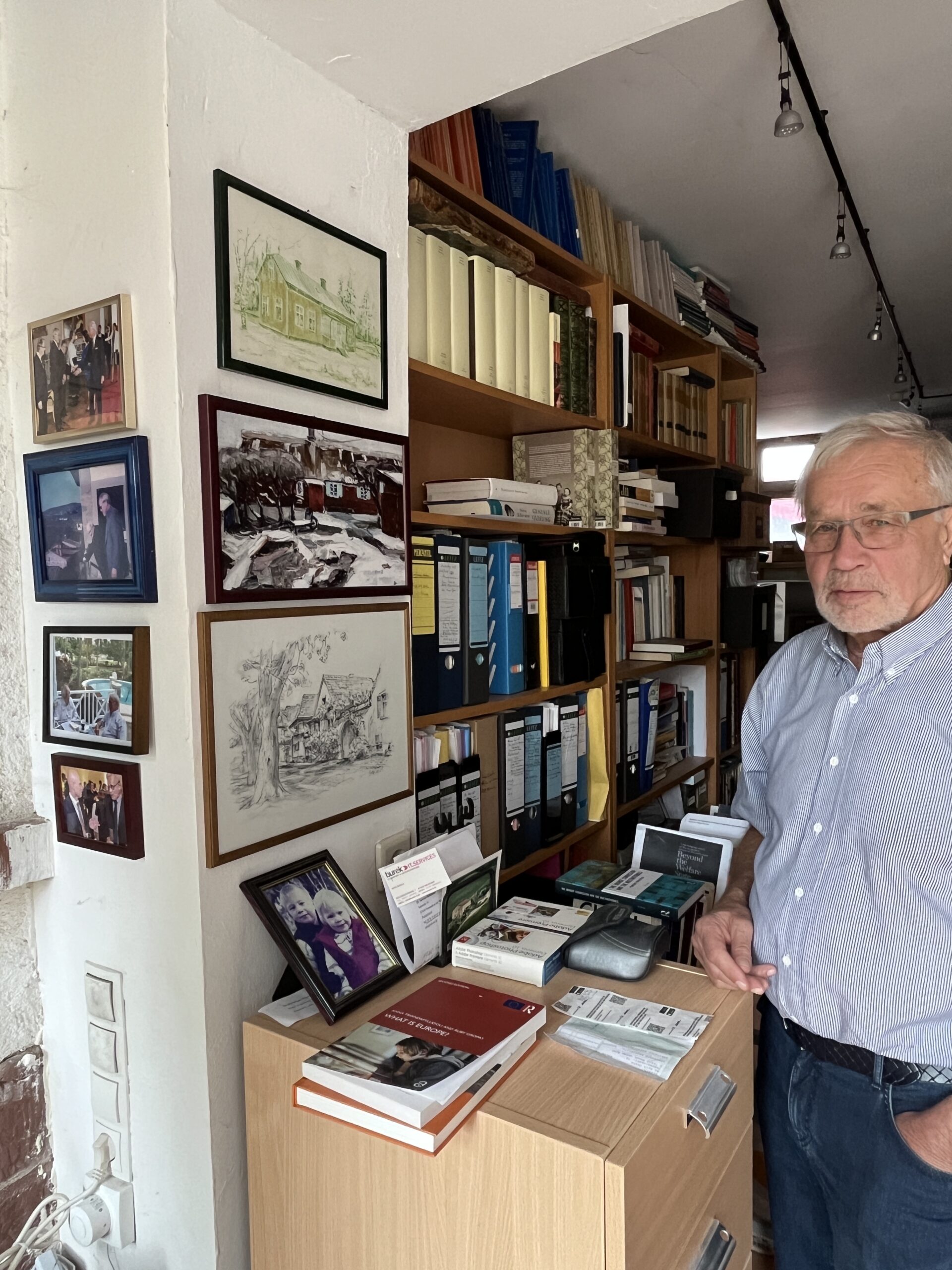
“So verglich Comenius 1623 die Tätigkeit der Historiker mit der Sicht durch Fernrohre, die posaunengleich über die Schultern nach rückwärts weisen ….”

